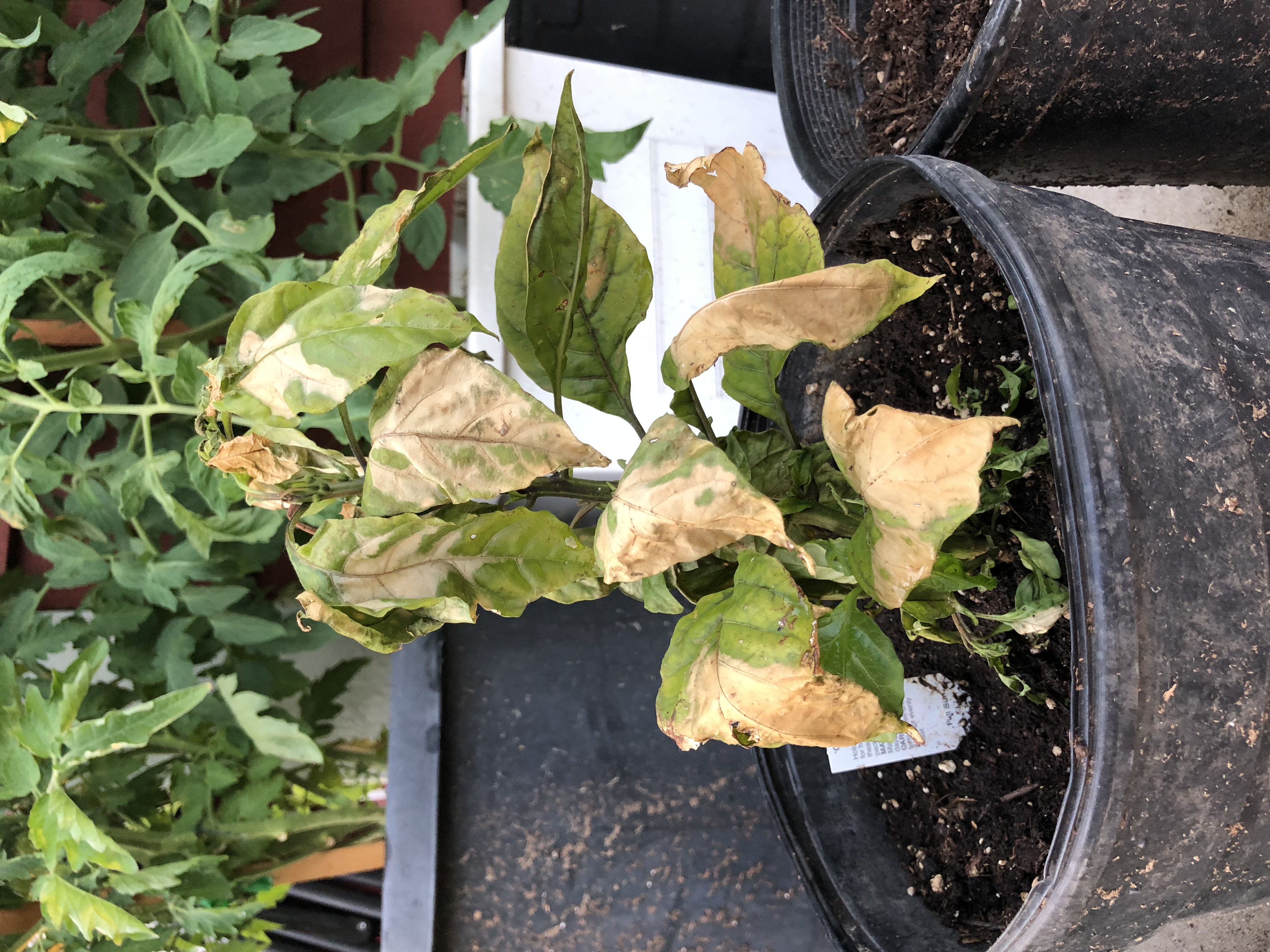Best Fertilizers for Peppers: Increase Growth and Flavor Naturally
Best Fertilizers for Peppers: Increase Growth and Flavor Naturally
Blog Article
Just How Plant Foods Play a Crucial Function in Growing Healthy and Bountiful Pepper Crops
Plant foods serve as the foundation of successful pepper farming, providing a calculated technique to nourishing the soil and promoting optimum plant growth. The intricate dance in between necessary nutrients and the pepper plants' physiological processes highlights the essential function that plant foods play in making sure a bountiful harvest.
Relevance of Nutrient-Rich Plant Foods
The utilization of nutrient-rich plant foods plays a critical function in improving the performance and high quality of pepper crops in contemporary agricultural techniques. Pepper plants need a balanced combination of necessary nutrients to prosper and generate high returns of top quality fruits. Potassium, nitrogen, and phosphorus are primary nutrients that are important for the development and development of pepper plants. Nitrogen help in leafed environment-friendly growth and general plant vigor, phosphorus sustains root advancement and flower manufacturing, while potassium adds to disease resistance and fruit high quality.
Insufficient degrees of these nutrients can result in stunted development, lowered returns, and susceptibility to diseases (best fertilizers for peppers). Nutrient-rich plant foods give a targeted service to guarantee that pepper plants get the necessary components for ideal growth and performance. In addition, these plant foods aid improve dirt fertility in time, creating a sustainable setting for long-lasting pepper farming
Enhancing Plant Growth and Development
To optimize plant growth and advancement in pepper crops, tactical application of nutrient-rich fertilizers is vital. Fertilizers play a vital role in improving the total wellness and productivity of pepper plants by providing them with important nutrients that might be doing not have in the soil.
Iron, for instance, is essential for chlorophyll production, which is essential for photosynthesis and total plant growth. Zinc plays a vital duty in enzyme activity and hormone synthesis, affecting plant growth and growth at a cellular degree.

Boosting Illness Resistance With Plant Foods
By purposefully including targeted fertilizers, farmers can boost the illness resistance of pepper plants, making certain optimum plant health and wellness and productivity. Fertilizers consisting of crucial nutrients like nitrogen, potassium, and phosphorus play a vital duty in reinforcing pepper plants' immune systems, making them a lot more durable to various illness. Nitrogen, as an example, aids in the manufacturing of healthy proteins that are vital for plant defense reaction. Phosphorus contributes to root growth, allowing plants to better absorb nutrients and water, thus enhancing their capability to ward off illness. Potassium manages processes that improve general plant health and wellness, making peppers much more durable versus microorganisms.

Making Best Use Of Pepper Yield With Fertilizing
Making use of a well balanced fertilization approach is crucial to accomplishing optimum pepper return and making certain optimal plant productivity. By giving peppers with the right nutrients at the right time, farmers can dramatically improve their yield potential. Nitrogen, potassium, and phosphorus are necessary components for pepper growth, with nitrogen assisting in fallen leave and stem development, phosphorus sustaining root development and blossom development, and potassium advertising overall plant health and wellness.
To read review optimize pepper yield, it is critical to perform soil tests to figure out existing nutrient levels and determine any type of deficiencies that need to be addressed. Based upon these outcomes, farmers can establish a tailored fertilizing strategy that satisfies the specific requirements of their pepper crops. Furthermore, appropriate fertilizing techniques such as split applications throughout the growing period can ensure continual nutrition availability for the plants.

Lasting Fertilizer Practices for Peppers
In considering sustainable plant food practices for peppers, it is necessary to concentrate on lasting dirt health and wellness and ecological stewardship combined with making best use of crop productivity. Lasting fertilizer practices aim to keep or improve soil fertility while reducing unfavorable environmental effects. One crucial technique is making use of natural fertilizers such as compost, manure, or cover crops, which not just supply important nutrients to the peppers yet additionally contribute to soil framework and microbial activity. These natural options help construct organic issue in the dirt, improving its ability to preserve water and nutrients, therefore sustaining long-term plant wellness and resilience.
Additionally, precision agriculture techniques, such as soil testing and targeted nutrient applications, can aid optimize fertilizer use, making certain that peppers receive the nutrients they need without excess overflow right into waterways. This not only benefits the setting by decreasing contamination however additionally saves costs for farmers by lessening waste. By adopting sustainable plant my link food practices, pepper cultivators can secure the health of their plants, soil, and surrounding ecosystems for future generations.
Final Thought
Finally, plant foods are important for growing healthy and balanced and plentiful pepper crops. best fertilizers for peppers. They offer essential nutrients for plant growth and advancement, boost illness resistance, and maximize yield. By applying lasting fertilizer methods, farmers can make certain the long-lasting health of their pepper plants and contribute to a more environmentally-friendly and reliable farming system
The elaborate dancing between crucial nutrients and the pepper plants' physical processes underscores the essential role that fertilizers play in guaranteeing a bountiful harvest.To optimize plant growth and development in pepper crops, strategic application of nutrient-rich fertilizers is crucial. Fertilizers play an essential duty in enhancing the overall health and performance of pepper plants by giving them with crucial nutrients that may be lacking in the dirt.By tactically including targeted fertilizers, farmers can bolster the disease resistance of pepper crops, guaranteeing optimum plant health and wellness and performance. Plant foods containing essential nutrients like potassium, nitrogen, and phosphorus play a vital role in strengthening pepper plants' immune systems, making them much more resistant to numerous conditions.
Report this page